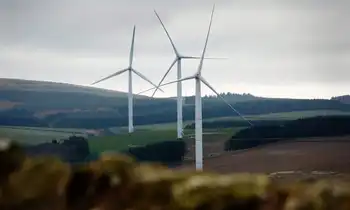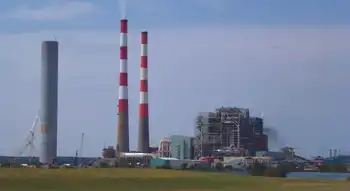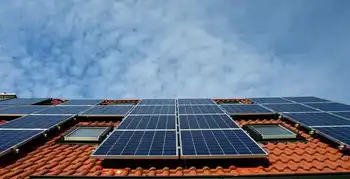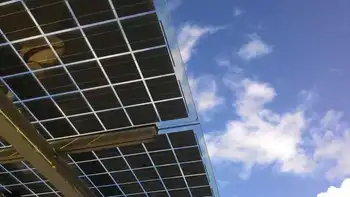Pakistan sees U.S. backing for energy projects
By Reuters
CSA Z463 Electrical Maintenance -
Our customized live online or in‑person group training can be delivered to your staff at your location.

- Live Online
- 6 hours Instructor-led
- Group Training Available
Pakistan's finance minister, Shaukat Tarin, said after talks with U.S. President Barack Obama's special envoy that Washington could assist Islamabad by providing financial guarantees to encourage investment in large-scale energy projects that would replace the temporary, rental plants.
U.S. trade promotion agencies like the Overseas Private Investment Corporation and the Export-Import Bank could provide financial backing for some of the projects.
Obama's envoy to Pakistan and Afghanistan, Richard Holbrooke, has said that recent gains by the Pakistani army against militants gave Washington "breathing room" to focus more attention on Pakistan's economic woes.
After meeting Pakistan's foreign minister on Sunday, Holbrooke declared the energy sector, rather than security, his "primary focus" in talks in Islamabad and Karachi.
The public shift in emphasis appeared aimed at boosting the standing of both Pakistan's elected leaders and the United States in a country deeply skeptical of their growing military alliance against militants.
Power shortages have devastated the country's economy and undercut support for its government, a critical ally in Washington's war against the Taliban in neighboring Afghanistan.
Pakistan's power grid is overloaded, and cities sometimes suffer outages of up to 20 hours a day. Key industries have been shuttered, sending unemployment soaring.
"We're looking at the energy sector in an effort to be responsive to a critical issue facing the Pakistani people," said Mary Beth Goodman, Holbrooke's economic adviser.
"The energy shortfalls are not only impacting the border areas but the entire country, without regard to demographic or geographic boundaries."
To ease power shortages in the short term, Tarin said rental power plants would be used to generate up to 3,500 megawatts of electricity. He said the rentals would be used for the next three to five years.
Speaking to a small group of reporters traveling with Holbrooke, Tarin said Pakistan would not need U.S. cash assistance to run the temporary plants.
"We can do it ourselves," he said, adding that he expected the local banking sector to step forward with financing.
But Tarin said the rental plants would be replaced in three to five years, and that Pakistan was looking for Washington's help in encouraging private investment in hydro-electric, coal, wind and solar projects.
"That is the mix we want and, frankly, that's a long term kind of solution," he said. "And if the U.S. can help us and showcase our case in the United States, I'm sure that we'll get investments."
Tarin described Pakistan's current reliance on gas-fired plants as "totally screwed up."
"We don't have either gas or petrol. We have to import them," he said.
Tarin said the current crisis was the result of a lack of planning. "We sat on it for 10 years. If we had not sat on it for 10 years, when our economy was growing at 7 percent, we wouldn't have any of this mess. But that's history."











